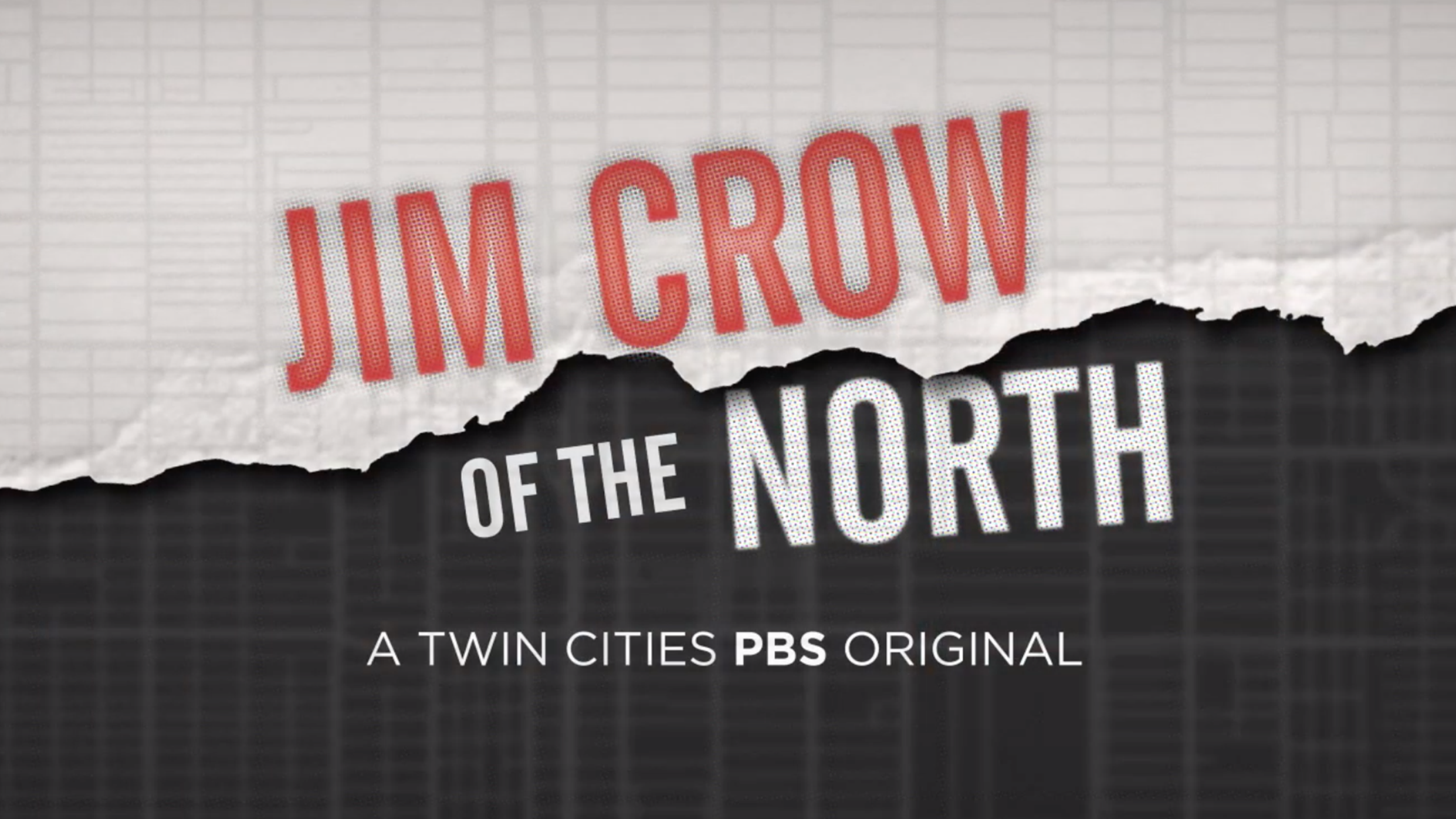
Jim Crow of the North
The origins of housing segregation and a visual representation of structural racism are featured.
Airs June 17 @ 7:00 p.m.
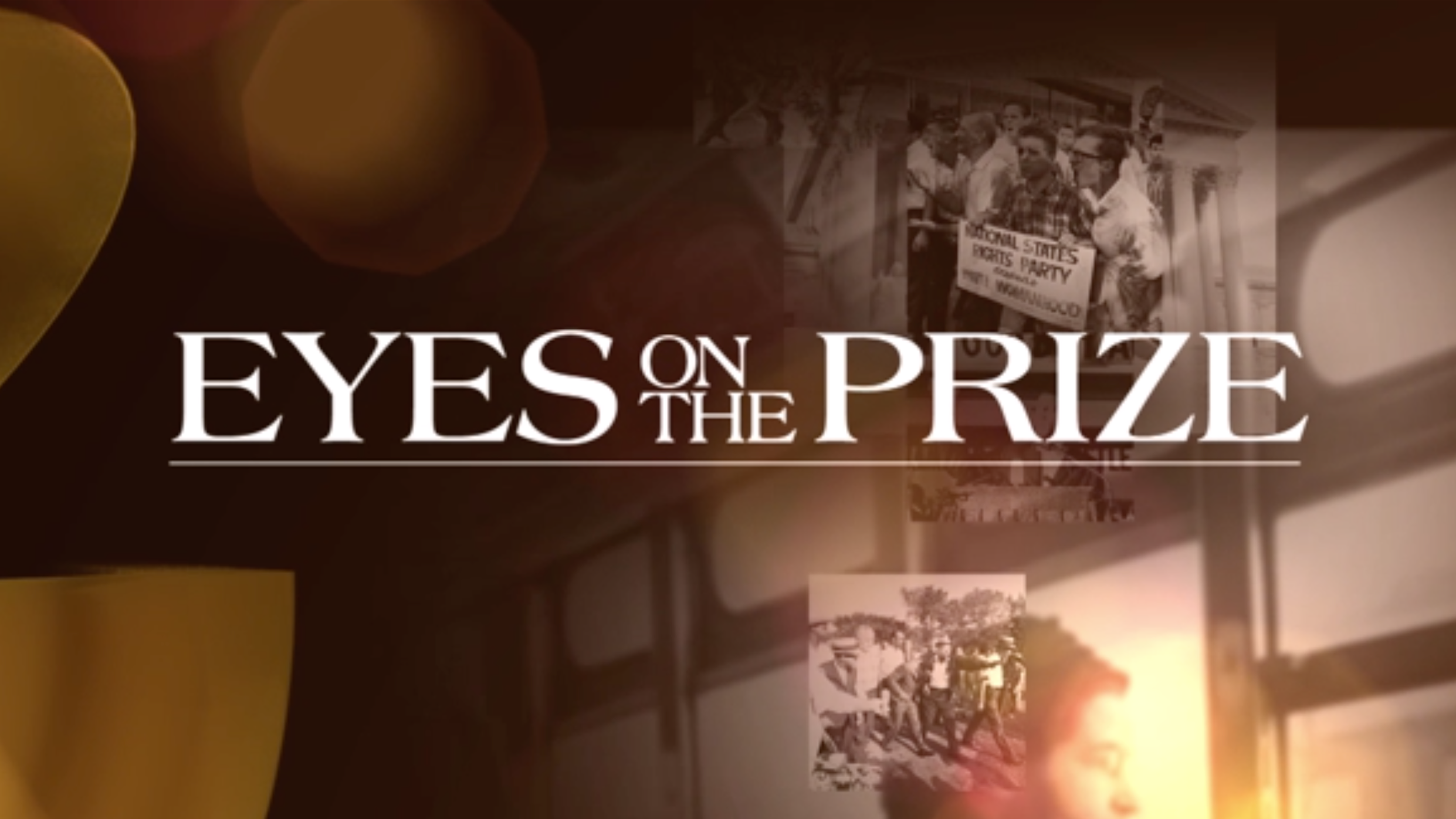
Eyes on the Prize: Awakenings 1954-1956
Individual acts of courage inspire black Southerners to fight for their rights: Mose Wright testifies against the white men who murdered young Emmett Till and Rosa Parks refuses to give up her bus seat to a white man in Montgomery, Alabama.
Airs June 17 @ 8:00 p.m.

Eyes on the Prize: Fighting Back 1957-1962
States' rights loyalists and federal authorities collide in the 1957 battle to integrate Little Rock's Central High School and in James Meredith's 1962 challenge to segregation at the University of Mississippi.
Airs June 17 @ 9:00 p.m.
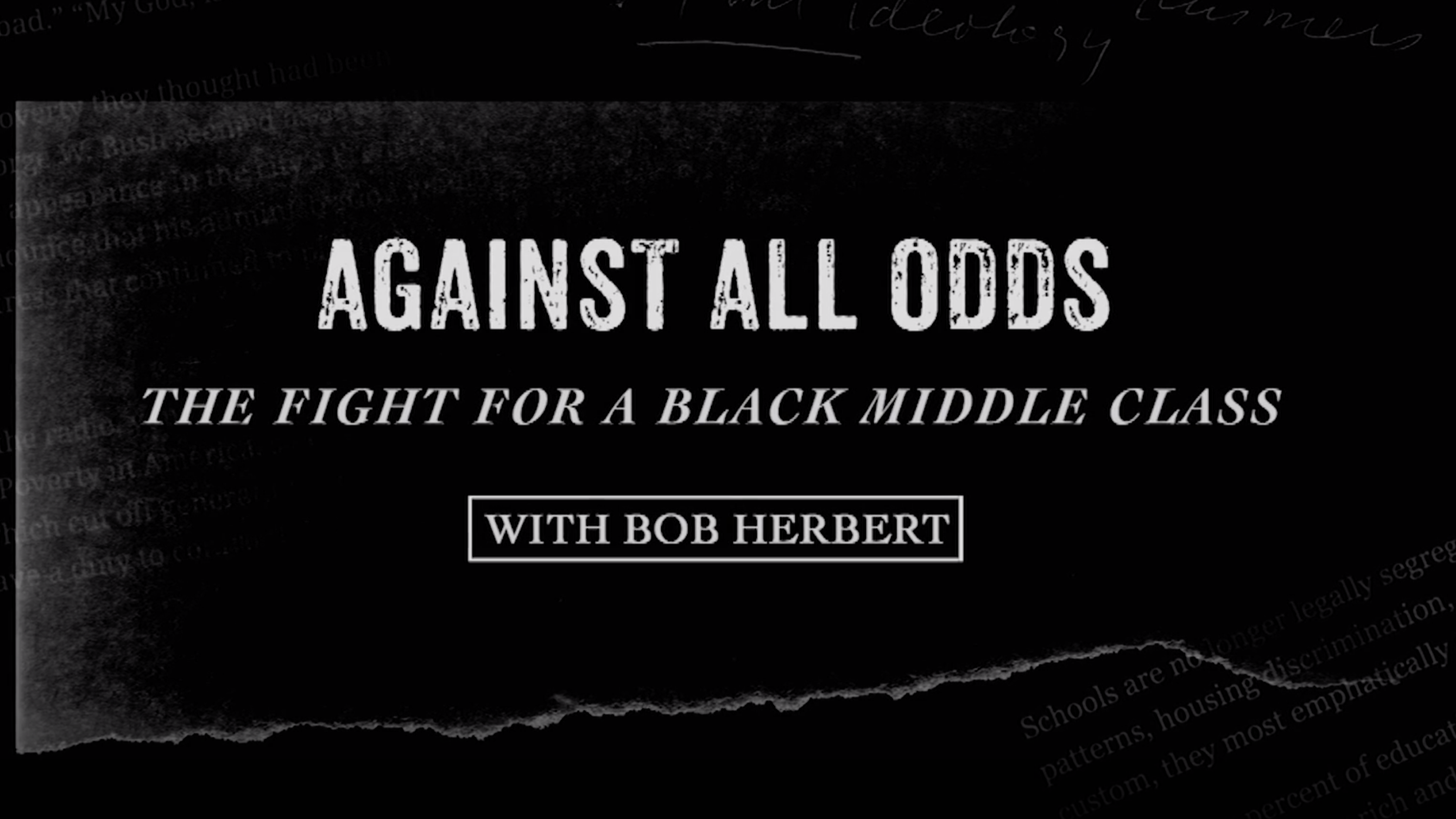
Against All Odds: The Fight for a Black Middle Class
A documentary that probes the harsh and often brutal discrimination that has made it extremely difficult for African-Americans to establish a middle-class standard of living.
Airs June 24 @ 7:00 p.m.

Eyes on the Prize: Ain't Scared of Your Jails 1960-1961
Black college students take a leadership role in the civil rights movement as lunch counter sit-ins spread across the South. "Freedom Riders" also try to desegregate interstate buses, but they are brutally attacked as they travel.
Airs June 24 @ 8:00 p.m.

Eyes on the Prize: No Easy Walk 1962-1963
The civil rights movement discovers the power of mass demonstrations as Rev. Martin Luther King Jr. emerges as its most visible leader. The triumphant March on Washington shows mounting national support for civil rights.
Airs June 24 @ 9:00 p.m.
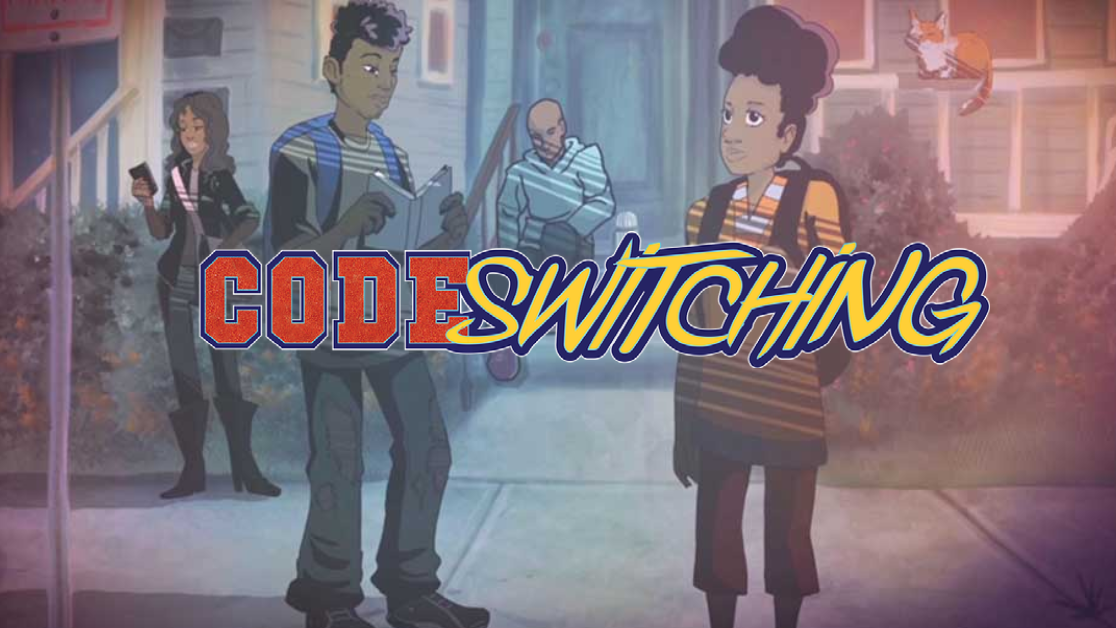
Codeswitching: Race and Identity in the Southern Schoolhouse
Personal stories from African-American students who were bused to suburban schools are shared.
Airs July 1 @ 7:00 p.m.

Eyes on the Prize: Mississippi: Is This America? 1963-1964
Mississippi's civil rights movement becomes an American concern when students travel south to help register black voters and three of them are murdered. The Mississippi Freedom Democratic Party challenges the regular delegation at the convention.
Airs July 1 @ 8:00 p.m.

Eyes on the Prize: Bridge to Freedom 1965
A decade of lessons is applied in the climactic and bloody march from Selma to Montgomery, Alabama. A major victory is won when the federal Voting Rights Bill passes, but civil rights leaders know they have new challenges ahead.
Airs July 1 @ 9:00 p.m.
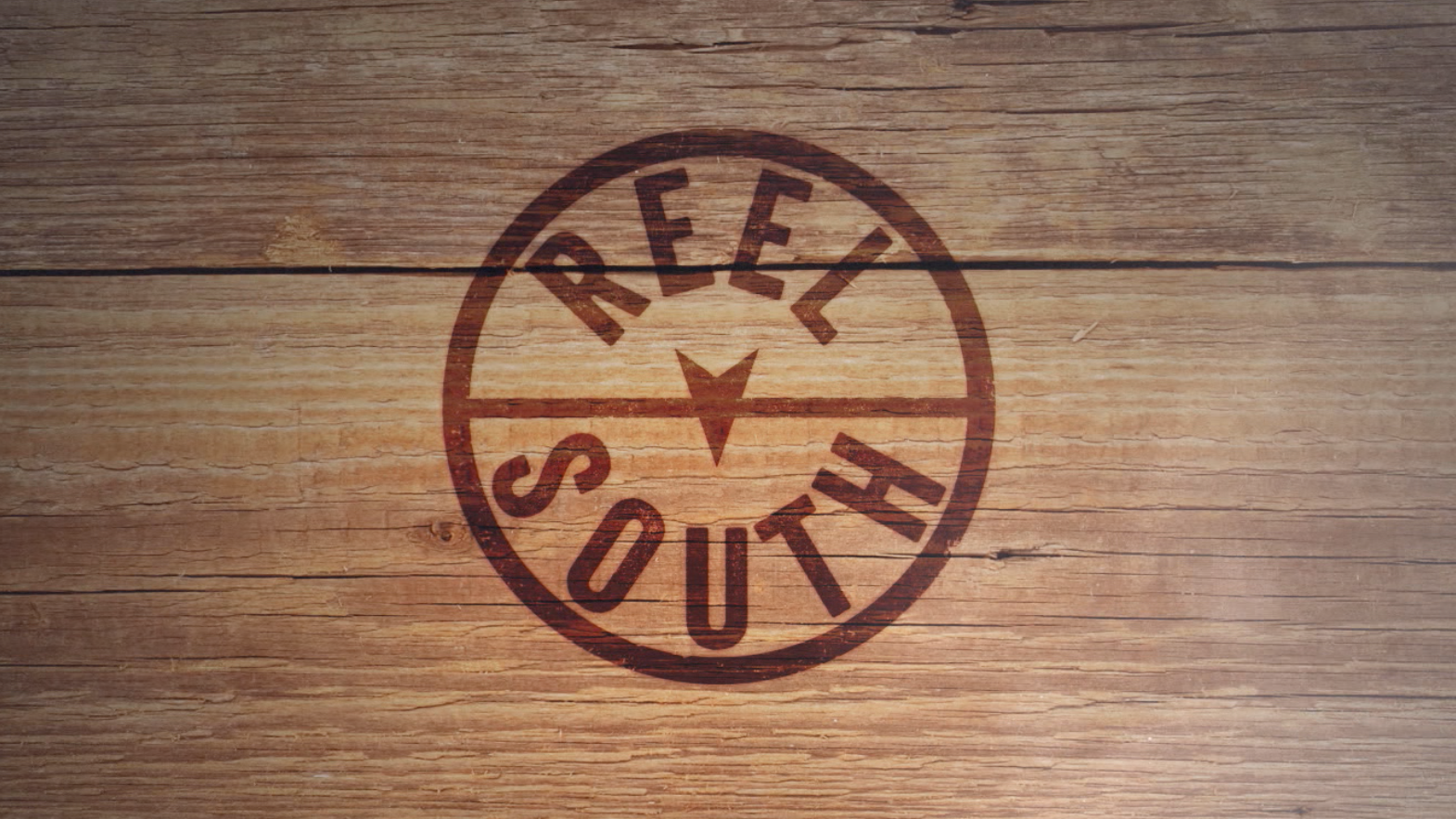
Reel South: Mossville: When Great Trees Fall
A centuries-old black community in Louisiana is contaminated and uprooted by petrochemical plants.
Airs July 8 @ 7:00p.m.

Eyes on the Prize: The Time Has Come 1964-1966
After a decade-long cry for justice, a new sound is heard in the civil rights movement: the insistent call for power. "Black Power!" replaces "Freedom Now!" as the fabric of the traditional movement changes.
Airs July 8 @ 8:00 p.m.

Eyes on the Prize: Two Societies 1965-1968
King and the Southern Christian Leadership Conference help Chicago's civil rights leaders in the struggle against segregated housing. The Kerner Commission finds that America is becoming "two societies, one black, one white, separate and unequal."
Airs July 8 @ 9:00 p.m.
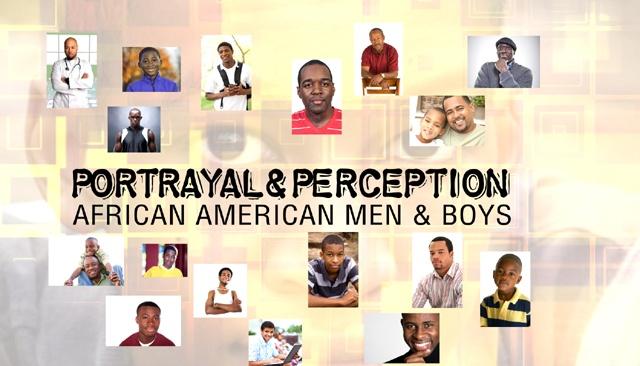
Portrayal & Perception: African Men and Boys: Owing It
In this episode, Michael Bartley shows how local African American entrepreneurs, often overlooked by commercial media, are not only experiencing financial success, they are inspiring future business leaders.
Airs July 15 @ 7:00 p.m.
Portrayal & Perception: African Men and Boys: Already Doing It
Young African American men - as a whole - score below their counterparts in other racial and ethnic groups when it comes to graduation rates, literacy rates, and college preparedness. Yet sometimes it is the success story that inspires other young people, and encourages community leaders to keep working for change.
Airs July 15 @ 7:30 p.m.

Eyes on the Prize: Power! 1966-1968
The call for Black Power takes various forms across communities in black America. In Cleveland, Carl Stokes wins the election as the first black mayor of a major American city. The Black Panther Party, armed with law books and guns, is born in Oakland.
Airs July 15 @ 8:00 p.m.

Eyes on the Prize: Promised Land 1967-1968 Martin Luther King, Jr. stakes out new ground for himself and the rapidly fragmenting civil rights movement. In the midst of political organizing, he detours to support striking sanitation workers in Memphis, where he's assassinated.
Airs July 15 @ 9:00 p.m.

Reel South: F11 and Be There
A commentary on American civil rights, race, social justice, and art, told through the many lenses of legendary photographer Burk Uzzle.
Airs July 22 @ 7:00 p.m.

Eyes on the Prize: Ain't Gonna Shuffle No More 1964-1972
A call to pride and a renewed push for unity galvanize black America. Cassius Clay challenges America to accept him as Muhammad Ali. The National Black Political Convention tries to create a unified response to growing repression against the movement.
Airs July 22 @ 8:00 p.m.

Eyes on the Prize: A Nation of Laws 1968-1971
Black activism is increasingly met with a sometimes violent and unethical response from local and federal law enforcement agencies. At New York's Attica State Prison, an inmate takeover leaves 43 men dead: four killed by inmates, 39 by police.
Airs July 22 @ 8:00 p.m.
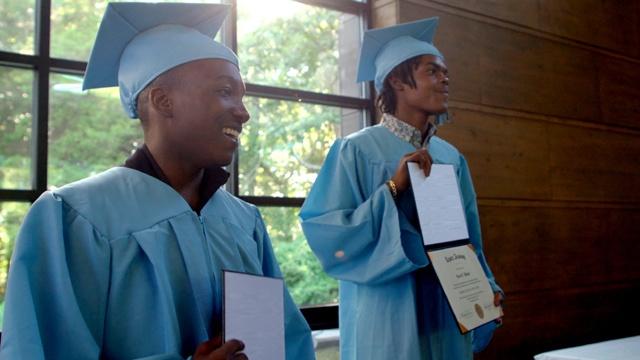
HEARD
The documentary film HEARD captures the inspiring stories of four people who grew up in "the projects," surviving and thriving in spite of - and often because of - the challenges they've had to overcome.
Airs July 29 @ 7:00 p.m.

Eyes on the Prize: Keys to the Kingdom 1974-1980
Antidiscrimination legal rights gained in past decades by the civil rights movement are put to the test. In Boston, some whites violently resist a federal court school desegregation order. The Bakke Supreme Court case challenges affirmative action.
Airs July 29 @ 8:30 p.m.

Eyes on the Prize: Back to the Movement 1979-mid 1980s
Power and powerlessness. Miami's black community-pummeled by urban renewal, a lack of jobs, and police harassment explodes in rioting. In Chicago, an unprecedented grassroots movement triumphs. Harold Washington becomes Chicago's first black mayor.
Airs July 29 @ 9:30 p.m.
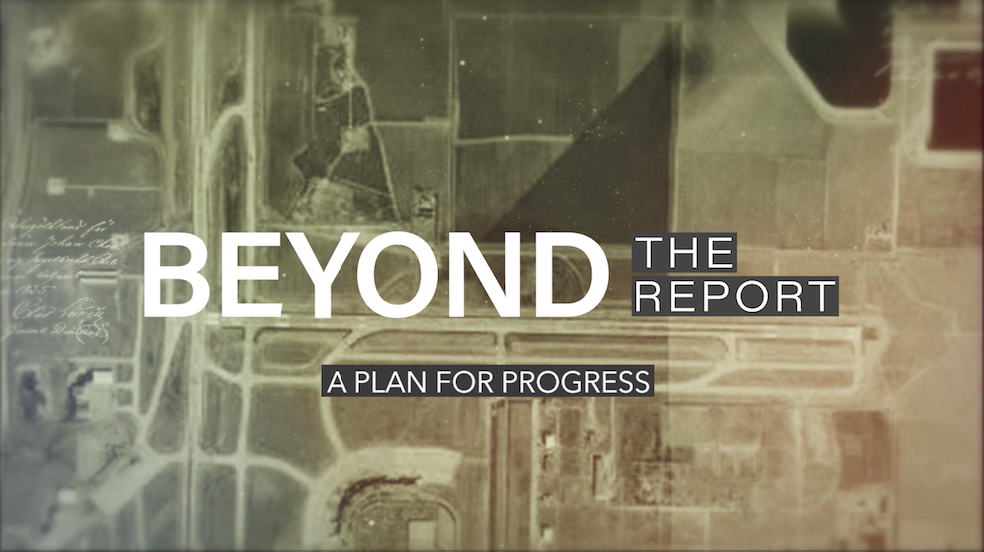
Beyond the Report: A Plan for Progress
It is 1923 in Lubbock, Texas, and City Ordinance 225 hits the books—an effort to ban African-Americans from living in any area of Lubbock west of Avenue C and north of 16th Street. It states: "Their residence is dangerous to the health and pollutes the earth and atmosphere." Some say the racist ordinance was not actually official nor enforced. But it also was not repealed until 2006—83 years after it was written.
Many Hub City residents may dismiss racist roots, viewing it as an unfortunate trait of our ancestors. But is our past, truly, in the past? That depends on whom you ask. A newer city document, a comprehensive plan for the future, outlines some of the challenges communities of color face in Lubbock and offers solutions. Now, it is up to the city to stick to Plan Lubbock 2040—and citizens are holding them accountable.
Join us for Beyond the Report—looking at the history of segregation in Lubbock and the hopes for positive change in historically Black neighborhoods.
Airs August 5 @ 7:00 p.m.
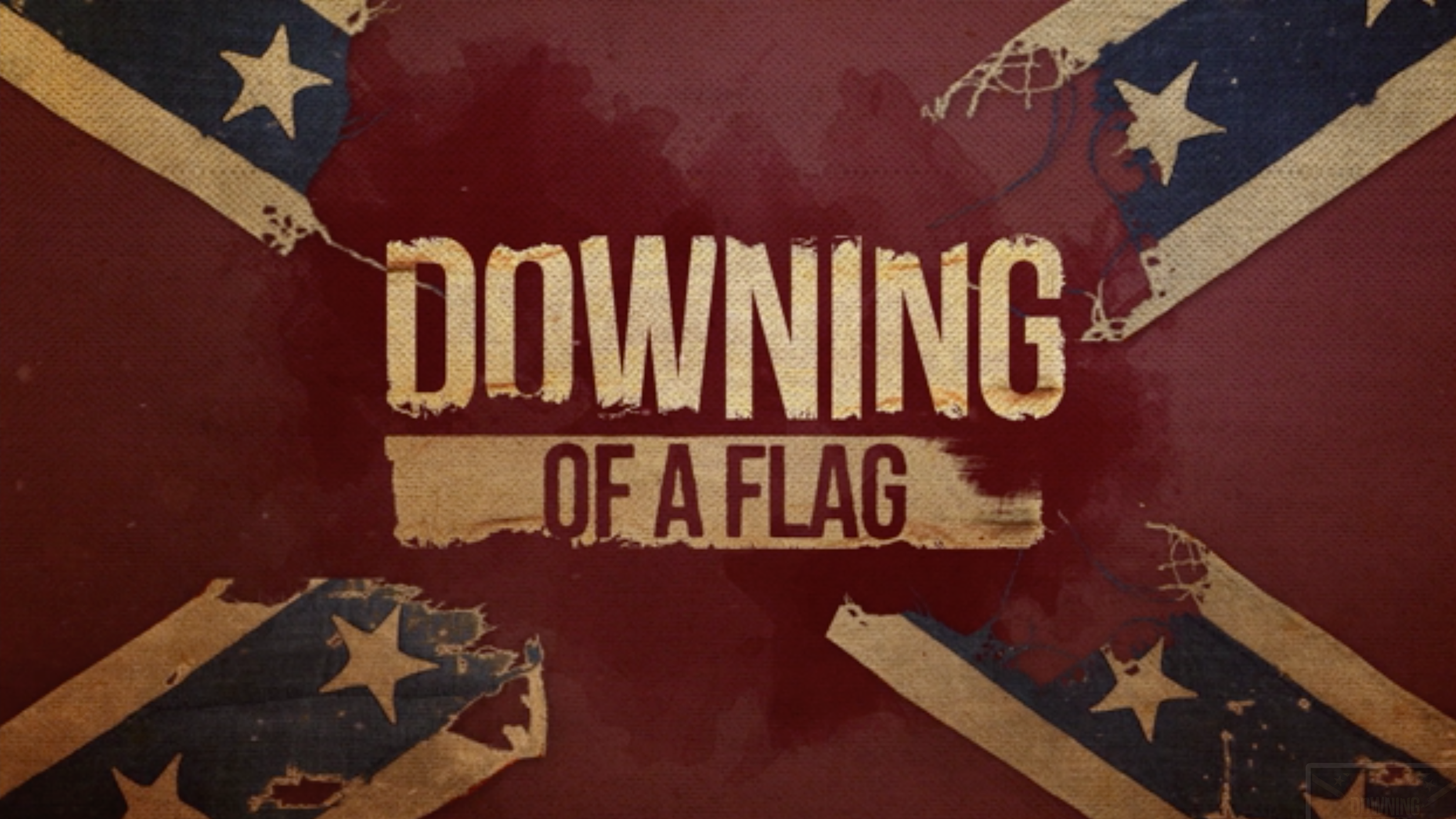
Downing of a Flag, Pt. 1
"Downing of a Flag" is a documentary film that focuses on the Confederate Battle flag and its impact on the people, politics, and perceptions of South Carolina and beyond. Through firsthand interviews featuring various perspectives and a wealth of historical footage, "Downing of a Flag" traces the symbol's controversial relationship with the Palmetto State, exploring its true meaning and how an unspeakable tragedy served as the catalyst for its long-debated removal. The story begins with the end of the Civil War and chronicles the flag's more than 150-year journey from the blood-soaked battlefields of Virginia to its use in American popular culture in the 1970s and 1980s, to its final removal from the South Carolina State House grounds in July 2015. Preceded by the killing of nine black parishioners at Charleston's historic Mother Emanuel AME Church by a white supremacist, the Confederate Battle flag's furling and the days and actions that led to that event could represent the final shots and battles of the American Civil War. Despite representing an end to a significant chapter in United States history, "Downing of a Flag" shows that the events of 2015 did not complete the story. Instead, we continue to see the flag used as a symbol, and as a result, it continues to haunt American Democracy.
Airs August 5 @ 8:00 p.m.

